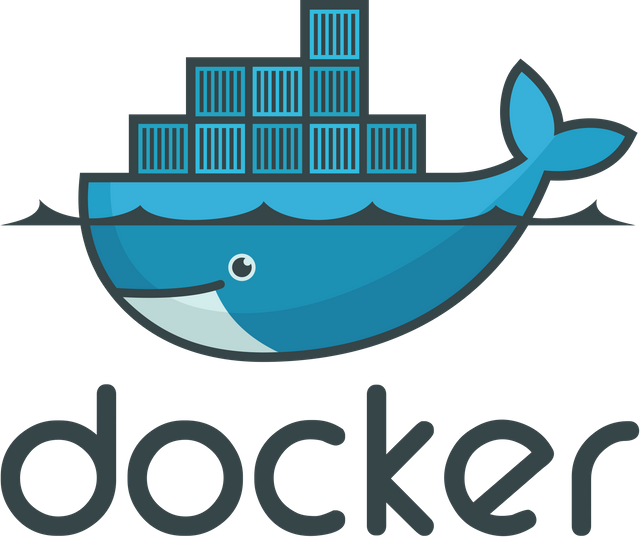docker
Docker is an open-source platform that automates the deployment, scaling, and management of applications using containerization. Containers are lightweight, standalone, and executable software packages that include everything needed to run an application—code, runtime, system tools, libraries, and settings.
Key Concepts:
Container: A container is an isolated, lightweight, and portable execution environment for running an application. Containers share the host system's operating system kernel but operate independently, which allows multiple containers to run on the same machine without interfering with each other.
Image: An image is a read-only template that defines a container's environment, including the application code, libraries, dependencies, and configuration files. Images are created from a series of layers and can be shared and reused.
Dockerfile: A Dockerfile is a script containing a series of instructions that Docker uses to build an image. It specifies the base image, the application code, environment variables, and commands to run inside the container.
Docker Hub: Docker Hub is a cloud-based registry service where Docker users can find and share container images. It hosts a large collection of official and community-contributed images.
Docker Engine: The Docker Engine is the core of Docker. It is the runtime that builds and runs containers on your machine. It has a client-server architecture, where the Docker client communicates with the Docker daemon (server) to manage containers.
Benefits of Docker:
Portability: Docker containers can run consistently across different environments (development, testing, production) because they include all dependencies needed to run the application.
Isolation: Each container runs in its own isolated environment, which means applications can be deployed without worrying about conflicts with other applications or the underlying system.
Scalability: Docker makes it easy to scale applications up or down by spinning up or down containers as needed.
Efficiency: Containers are lightweight and use fewer resources than traditional virtual machines because they share the host system's kernel, reducing overhead.
Common Use Cases:
Microservices: Docker is commonly used to deploy microservices, where each service runs in its own container, allowing for modular, scalable, and independent development.
Continuous Integration/Continuous Deployment (CI/CD): Docker is often integrated into CI/CD pipelines, enabling automated testing and deployment of applications in consistent environments.
Development Environments: Developers can use Docker to create consistent development environments that match production, reducing the "it works on my machine" problem.
Example Workflow:
- Write a Dockerfile: Define the application environment and how it should be built.
- Build the Image: Use the Dockerfile to create an image.
- Run a Container: Start a container from the image to run the application.
- Deploy the Container: Move the container to any environment (development, staging, production) for execution.
Example:
A simple Dockerfile for a Python application might look like this:
# Use an official Python runtime as a parent image
FROM python:3.9-slim
# Set the working directory in the container
WORKDIR /app
# Copy the current directory contents into the container
COPY . /app
# Install any needed packages specified in requirements.txt
RUN pip install --no-cache-dir -r requirements.txt
# Make port 80 available to the world outside this container
EXPOSE 80
# Define environment variable
ENV NAME World
# Run the application
CMD ["python", "app.py"]
This Dockerfile defines an environment for a Python application, installs dependencies, and specifies how the application should be run in a container.

"😊 Great explanation of Docker! I especially loved the example workflow and Dockerfile code snippet. It's really helpful for someone new to containerization like me 🤓. Have you had a chance to try out Docker in a real-world project? I'd love to hear about your experiences! 👋"
I also gave you a 0.44% upvote for the delegations you have made to us. Increase your delegations to get more valuable upvotes. Cheers! 🎉
Help Us Secure the Blockchain for You
Your vote matters! Support strong governance and secure operations by voting for our witnesses:
Get Involved